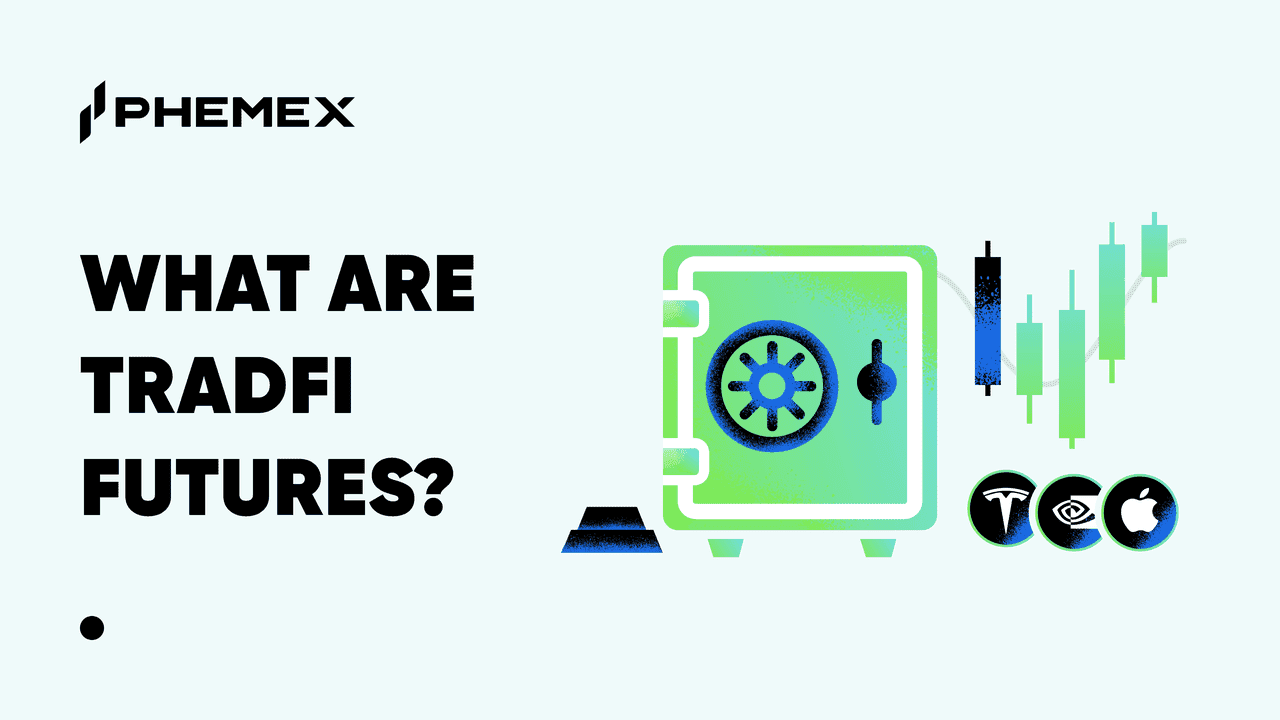Summary
- Wash trading a form of day trading with enormous ramifications for the trader or traders involved.
- Wash trading usually takes place in order to influence buy/sell decisions – to the benefit of the trader or entity making the trade.
- Wash Trading is actively prohibited under the Commodity Exchange Act (CEA) and the Securities Exchange Act (SEA)

All sorts of schemes exist in trade that skirt the very edge of legal activity, with some taking the plunge straight over the edge. Whether such actions are committed because of misadvise, greed, or simply as the result of hastily made and rash decisions, they can tarnish the reputation of an individual or firm irreparably. Wash trading is just such an activity, a form of day trading with enormous ramifications for the trader or traders involved. However, understanding what exactly constitutes a wash trade (and what makes them so poorly received in the financial industry) is possibly the best defense against committing such a fraud.
In this article we’ll examine the legal implications of wash trade, wash sales, and their effect of the day trading and cryptocurrency industries. Additionally, a brief history is provided to further clarify how such a practice became so well instituted into the world of finance.
What Is Wash Trading? Wash Trading Explained
Wash trading is where a securities transaction, or multiple transactions, are made to look like authentic purchases/sales – but when put under greater scrutiny, turn out to be fictitious. This will usually occur when an investor buys and sells the same security or investment at the same exact time. The result of this is that a trader gives the appearance of trying to pass off a trade as having been made without actually making it; claiming a change to their portfolio when there has, in fact, been none. Wash trading is also sometimes called round-trip trading in the terminology of the financial industry, sometimes leading to further confusion for laymen.
In some cases, this is a direct and intentional attempt at market manipulation. In others, wash trading can be the result of a more honest mistake, and simple ignorance on part of the trader attempting the transaction. Wash trades usually refer to the practice of misreporting stock or security trade activity, but can also occur in the cryptocurrency industry (more on this later). No matter what area of finance you choose to trade in, centralized (CeFi) or decentralized (DeFi), it’s essential to understand the potential implications of being involved in a wash trade.
In the case of deliberate wash trading, such an action usually takes place in order to influence buy/sell decisions – to the benefit of the trader or entity making the trade. Whether to give the appearance of increased price/activity, or to spuriously influence trend line indicators used to analyze the market, wash trading is highly frowned upon by most. But, you may surely ask, is it illegal?
Is Wash Trading Illegal? Wash Trading Security Explained
In a nutshell, yes.
Wash Trading is actively prohibited under the Commodity Exchange Act (CEA) and the Securities Exchange Act (SEA) of 1934. However, this can sometimes be a little difficult to enforce, as a sanctioning body must be able to prove intent. In fact, in order to legally assert that a wash trade has been made, one must establish two forms of precedent:
- Intent: To legally establish that wash trading has been conducted in any form or fashion, the parties involved (usually a broker and an investor) must be proved to have entered into the trade deliberately. In this case, the adjudicators in question can reasonably assert that a wash trading violation was committed intentionally, in order to benefit one, or all, of the parties involved. Should this be found to be true, the regulators will take the necessary steps to reprimand those offending parties (or party).
- Result: As you might expect, the transaction under scrutiny must have resulted in a wash trade. By this definition, the investors or entities that both bought and sold the asset/security must be shown to have done so at the exact same time (or within a relatively short span). They must also prove to be associated with the accounts that made the trade, or at least have some kind of beneficial ownership of the asset/security in question.
Beneficial ownership refers to any disparate account that’s owned by the same individual or entity at the time of making a trade. This is why trades made between two accounts with the same benefactor often draw attention from regulators, as it usually signifies some kind of illegal activity may be taking place.
What Is A Wash Sale In Day Trading? Day Trading and Wash Sales Explained
In order to better understand what a wash sale is, the best method is perhaps to take a closer look at the clear-cut definition. Wash sales are transactions or exchanges made, in which an investor sells a losing security (i.e. an asset they are likely to lose money on), in order to claim a capital loss. A capital loss, as it sounds, is where an asset/security decreases in value; however that value decrease is not actually realized until transactions are finalized. This means that a trader attempting to violate the wash sale laws can either:
- Buy substantially the same assets/securities back again.
- Acquire substantially the same assets/securities in a fully taxable trade.
- Acquire an option to buy substantially the same securities.
If the trader does this within the first 30 days of having made a sale, this is defined as an illegal wash sale. This will sometimes be the fault of pure ignorance, or a simple misstep on the part of the investor making the trade. However, more usually it is an attempt to realize a tax deduction, without eliminating market exposure to the asset/security being traded. In the next section we’ll go over the Wash Sale Rule in order to better understand what constitutes a wash sale in day trading.

What is the Wash Sale Rule in Day Trading?
The wash sale rule is a regulation issued by the Internal Revenue Service (IRS) preventing the average taxpayer from taking a deduction for a security sold during a wash sale. This rule covers all the aforementioned scenarios; whether the security is bought back, an option is bought back, or the security/asset is simply re-acquired via taxable trade, the result is the same. In addition, a sale will be considered a “wash” if an individual sells a security, and then the individual’s spouse (or spouse’s/individual’s company) buys its substantial equivalent within that same 30 day time period.
Are Wash Sales Illegal? Wash Sales Security Explained
Now we have examined what a wash sale is, and the wash sale rule in day trading, the question turns to legality. While wash sales are not precisely illegal, writing it off as a capital loss in order to earn a tax break is, and is prosecutable by law. This precedent has been established in order to disincentivize companies or individuals from selling assets/securities at a loss simply for the purpose of tax deduction. This means that, as long as one does not buy a substantially similar asset to the one they have sold at a loss (within 30 days), or better still does not write this transaction off as a tax deductive loss at all, one cannot be prosecuted for an illegal wash sale.
Some trouble can arise from the legal definition, however. This is because the IRS have not gone out of their way to define what they mean by “substantially similar” in legal terms. As a result, traders trying to avoid violating wash sale rules must look over various third-party provided guidelines. One of the more helpful of these is the facts and circumstances test, provided here. In this test it’s clearly stated that any investor should consider all facts and circumstances available to them in any specific case. By the IRS’s guidelines, assets/securities from one corporation are not “substantially similar” to those of another, nor are bonds, preferred stocks, or anything of the like.
Is There Such A Thing As Crypto Wash Trading?
Unscrupulous brokerages engage in wash trading crypto with alarming frequency. The digital currency industry is, as things stand, woefully under-regulated – which has allowed the less palatable aspects of trade to flourish in its midst. In fact, according to some statistics in circulation, the problem of wash trading with crypto pairs is as prevalent – if not more so – than it ever has been in the certified financial industry. This is because the tax laws that govern cryptocurrency follow the same guidelines as property tax laws in most countries, not of stocks and securities.
Wash trading crypto can take many different forms though, and is not just relegated to the trade of cryptocurrency pairs. Let’s examine the practice of NFT wash trading, in order to get a better idea of how prevalent this practice has become in digital currency, and the scale of its proliferation:

What is NFT Wash Trading?
According to multiple sources, many believe that the estimated $44 billion generated in non-fungible token (NFT) sales last year may have been, at least partially, affected by wash trades. While it’s extremely difficult to say this with a high degree of certainty, some examples are actually hiding in plain view, according to a Chainanalysis report published earlier this year. The company monitors blockchain based activity, and has noticed some worrying discrepancies emerging in recent months.
In this report, Chainanalysis found cases where single NFTs had been sold to wallets (owned by the same individual selling the NFT in question) more than 25 consecutive times. The company’s analysts assert that these are classic wash trading examples, and that in the just 110 profitable cases studied, the profits totaled almost $9 million.
What Is the History of Wash Trade? Wash Trading Background Explained
Prior to becoming banned in 1936, wash trading was a commonplace activity amongst traders. Used to falsely signal interest to other rival investors, wash trades were (and in some ways, still are) a popular method used by market manipulators trying to pump up the value of a stock. After the period of extremely combative, and profitable, trade following the Great Depression, the Commodity Futures Trade Commission (CFTC) were forced to regulate – and curtail such activity. These regulations even prohibited brokers from profiting from wash trades even if unaware of their employing trader’s intentions, presumably because it was thought that brokers should know better.
In modern times, wash trading has made its return to the headlines of many different financial publications, as the phenomenon of high frequency trading has become increasingly popular throughout the financial industry. High frequency trading, in essence, refers to the practice of using super high-speed computers to conduct trades – making upwards of several thousand trades per second from a single device. Starting in 2012, Bart Chilton (who was Commissioner of the Commodity Futures Trading Commission at the time) was forced into action. He consequently announced his intention to thoroughly investigate such activity to discover the permutations of possible fraud amongst high frequency traders.
Because of the lack of regulation that surrounds the cryptocurrency industry, crypto wash trading has infiltrated its ranks, having been found to play a major role at many exchanges. In fact, according to research published by the Blockchain Transparency Institute, over 80% of the top 25 trading pairs for Bitcoin were found to be wash traded in 2018.
Conclusion
In summary, wash trading is an activity that is fraught with regulatory danger, and a borderline criminal action if deliberate. This is why it’s extremely important to understand what constitutes wash trading, how day trading and wash sales work combined, and how to avoid getting involved with such activity yourself. It’s of paramount importance that a trader not get caught up in the pursuit of wash trading, lest their professional reputation be irreparably damaged. In fact, even crypto wash trading can damage a trader’s reputation, although it’s not technically illegal in the same way.
As is the case with almost any intellectual pursuit, the best and only option is to arm oneself with knowledge, as time spent learning is almost invariably valuable in the long run. Wash trading, wash sales, and the traders that engage in them, lower overall trust in the financial industry, and damage the livelihoods of all involved.
Read More
- What Is The Crypto Wash Sale Rule & Why Should You Care?
- How To Trade Crypto: The Ultimate Investing Guide
- Day Trading Crypto for Beginners: Get started with Day Trading
- How to Trade Bitcoin Safely: Trustworthy Bitcoin Trading
- What is Insider Trading: Non-public Crypto Information
- What is Social Trading in Crypto & How does it Work?
- What are Buy Walls and Sell Walls: Learn To Trade With a Depth Chart
- What is Mirror Trading: Automated Investment Strategies








